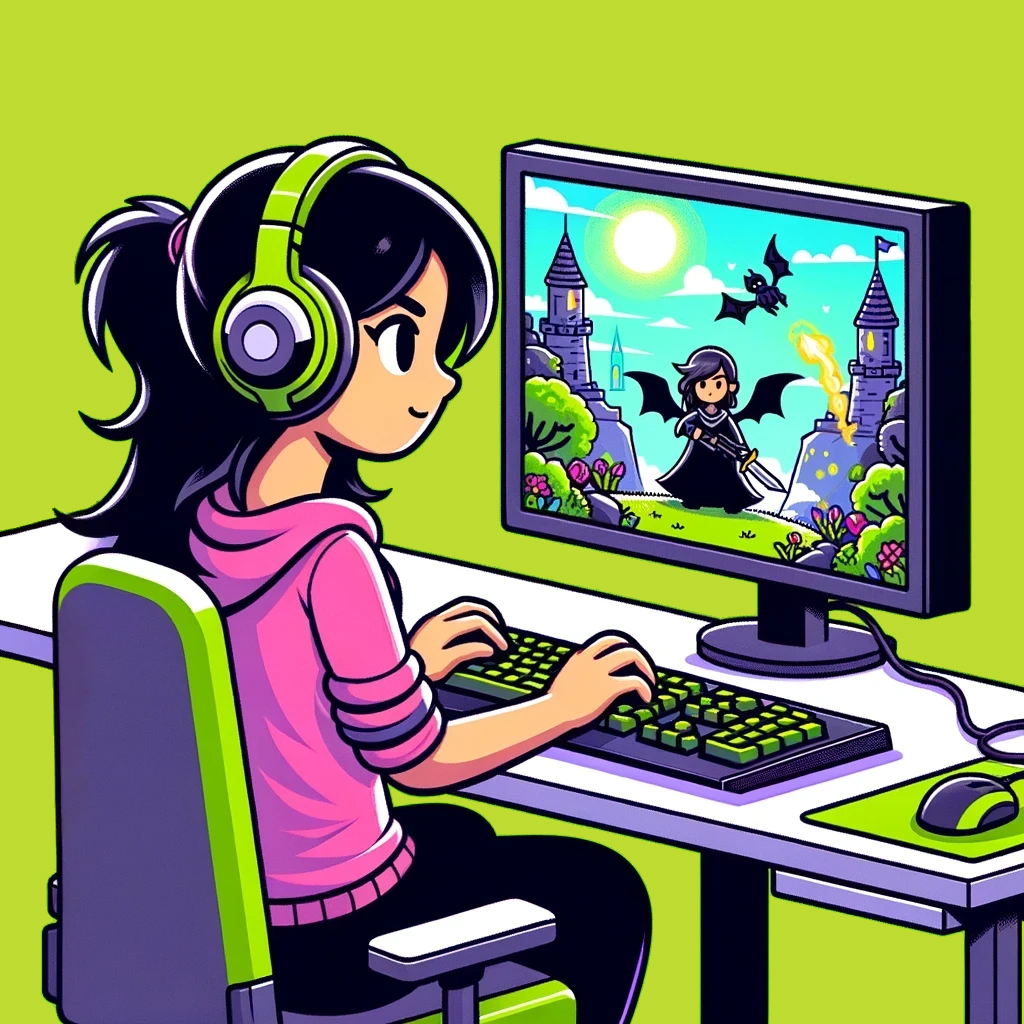In video games’ vibrant, ever-expanding universe, indie developers are the bold pioneers. They venture into the unknown, often with limited resources but unlimited creativity and passion for storytelling and game design. Yet, despite their innovative offerings, many indie games remain hidden gems in an oversaturated market. The challenge is not just creation but discovery—how do indie game developers get their games noticed?
Effective marketing strategies are essential for indie developers seeking to carve out their niche in a crowded marketplace. Here, we provide invaluable marketing insights tailored specifically for indie game developers. These strategies aim to spotlight your game and cultivate a thriving community around it.
Understand Your Audience
Before you craft your first tweet or design your game’s logo, you must know who your game is for. Indie games often have the advantage of appealing to niche audiences with specific tastes—be it retro platformers, narrative-driven adventures, or experimental art games. Conduct market research to understand your target audience’s demographics, interests, and gaming habits. Knowing who you’re talking to forms the backbone of any successful marketing strategy.
Build an Engaging Online Presence
Start building your game’s online presence early in the development process. Use platforms like Twitter, Reddit, and Discord, where gaming communities thrive. Share behind-the-scenes content and development milestones and engage in conversations. Remember, authenticity resonates with audiences. Be genuine in your interactions and share your passion for game development.
Creating a website for your game is also crucial. It serves as the central hub for all information about your game and plays a significant role in search engine optimization (SEO). Regularly update your blog with development progress, industry insights, or stories that inspired your game. Effective SEO practices can dramatically increase your game’s visibility online.
Leverage Content Creators and Streamers
In today’s digital age, content creators wield significant influence in the gaming community, particularly YouTubers and Twitch streamers. Their playthroughs, reviews, and live streams can introduce your game to vast audiences. Reach out to creators who align with your game’s genre and offer them access. A single video from a popular streamer can catapult an unknown indie game into the limelight.
Harness the Power of Email Marketing
Email marketing remains one of the most effective strategies for directly communicating with your audience. Collect email addresses through your game’s website by offering incentives like exclusive wallpapers, digital art books, or early demo access. Use this channel to send regular updates about your game, upcoming events, and launches. Personalize your emails to make recipients feel valued and part of your game’s journey.
Participate in Indie Game Festivals and Competitions
Indie game festivals and competitions are excellent platforms for showcasing your game, gaining visibility, and networking with other developers and publishers. Events like the Independent Games Festival, IndieCade, and numerous others celebrate indie games and their creators. Many of these events have moved online, increasing accessibility for developers worldwide.
Offer a Memorable Demo
A well-crafted demo can be your game’s best marketing tool. It gives players a taste of the unique experiences your game offers. Ensure the demo encapsulates the essence of your game and leaves players wanting more.
Conclusion
Being noticed in the crowded indie game market requires more than just creating a great game. It demands strategic marketing and community engagement to stand out from the crowd. You can significantly increase your game’s visibility and success by understanding your audience, building a robust online presence, leveraging influencers, engaging in email marketing, participating in festivals, and offering enticing demos. Remember, indie game development is not just about creating games; it’s about telling stories and sharing experiences. Your marketing efforts should reflect that passion, drawing players into the world you’ve created.
